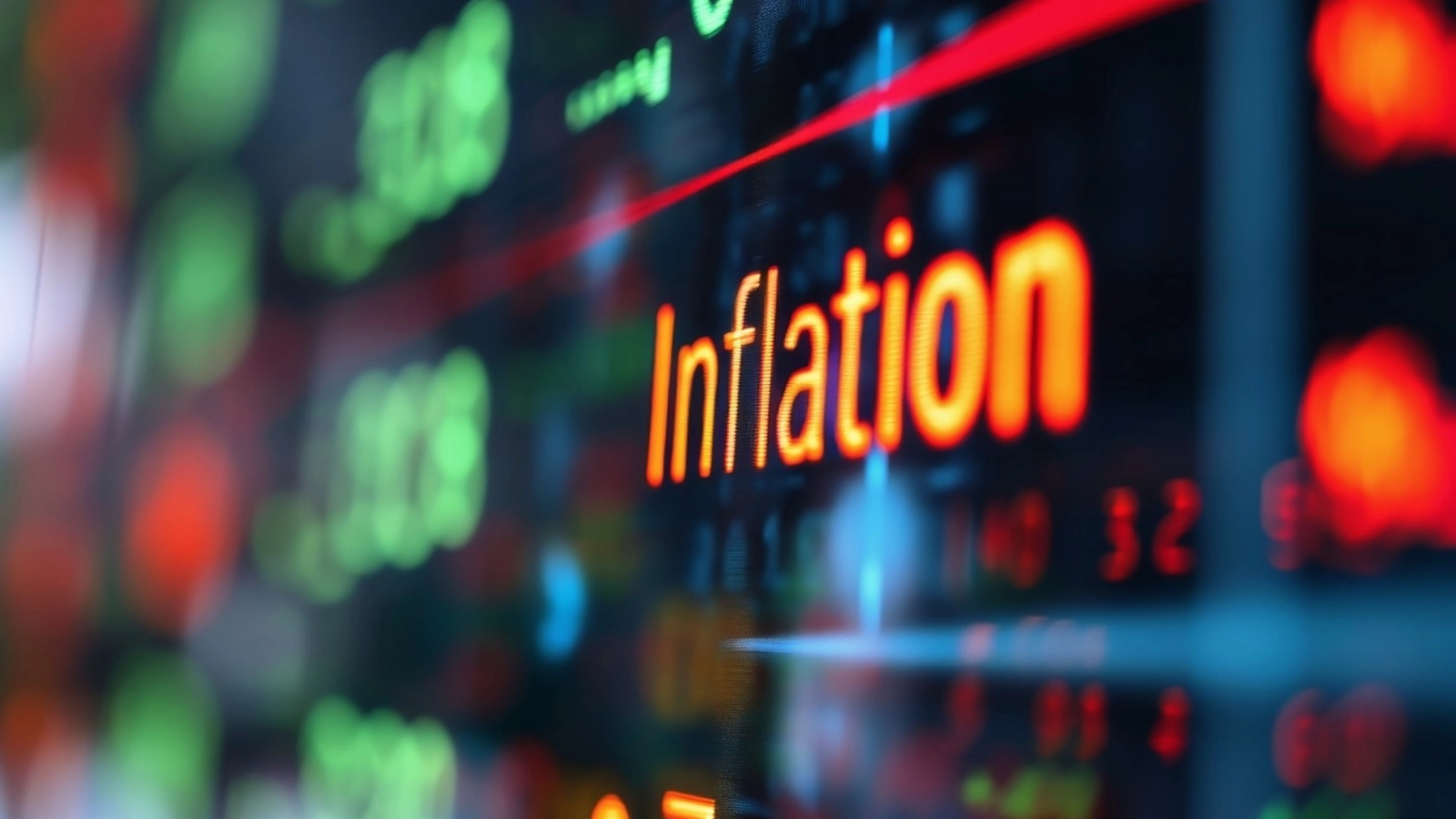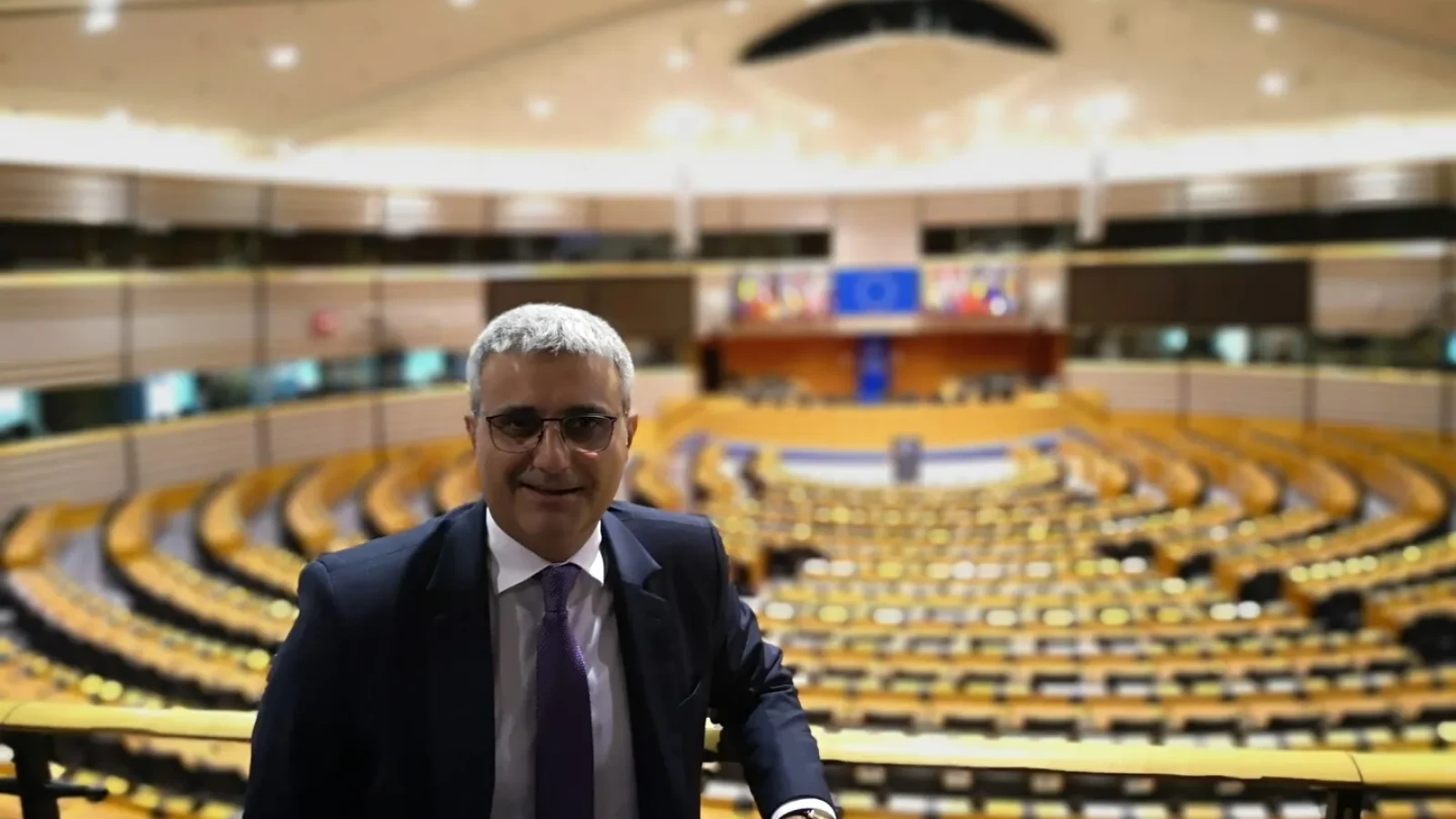Consumer price index in Romania rose to 9.8% in October, year-on-year, and this increased inflation hurts small and medium-sized enterprises especially by increasing production costs and decreasing sales, with the direct effect of dwindling competitiveness, IMM Romania representatives warn.
"With an inflation rate of 2.2% in the European Union and almost 10% in Romania, Romanian companies are becoming uncompetitive on the single market. It is also necessary to take into account the measures of the EU states, which, in difficult times, have implemented programmes to support SMEs to stimulate investments and reduce the tax burden," according to SME Romania Chairman Florin Jianu.
A data analysis shows annual inflation of 9.8% in October 2025 that hurts SMEs especially by increasing production costs and decreasing sales, with the direct effect of dwindling competitiveness. The consumer price index in October 2025 as against October 2024 recorded increases mainly in: non-food goods: electricity - 72.3%, car repairs, electronics and photo works - 16.57%, interurban railway transport - 18.59%, haulage - 10.05%, postal services - 12.5%, restaurants, cafes, canteens - 12.6%, hotel accommodation fees - 9.5%, other industrial services - 16.91%; food commodities: fruits and canned fruits -14.96%, fresh fruits - 22.74%, sugar, sugary products and honey - 13.27%.
According to IMM Romania, the main causes that generated the increase in inflation are: an increase in VAT from August 2025, which led to a decrease in the purchasing power of companies, a slump in investments and a decrease in consumption; an increase in the excise duty on fuel and electricity prices, which contributed to keeping inflation close to 10% and triggered an increase in the costs of products and services offered on the market; failure to reform the public administration, which generates an increase in public spending (9-month spending amounted to RON 569.43 billion, up 11.2% in nominal terms from the year before, while public revenues collected were RON 466.95 billion in the first nine months of 2025, up 12.3% from the previous year), resulting in a deficit of RON 102.47 billion.
In the White Paper of SMEs in Romania, IMM Romania says that in 2025, the main measures to support SMEs, in the current context amidst rising taxation in the First Reform Package, major disruptions in global supply chains, substantial increases in prices for energy, raw materials, products and services, the transition to a green economy and digital transformation. These refer to the development of a stable economic environment - the application of policy measures to mitigate inflation and the revision of the economic governance framework, aiming at the national medium-term fiscal-structural plans, which combine fiscal reforms and investment policies; encouraging tax incentives for the green transition - the transition to a green economy should be based on incentives and support for SMEs and not on punishing them; funds for investments and the double transition - digital and green; debureaucratisation and simplification - a new regulation enters into force only when another one has been removed, while getting rid of unnecessary bureaucratic procedures, uniting entities that request and collect various taxes.
































Comentează